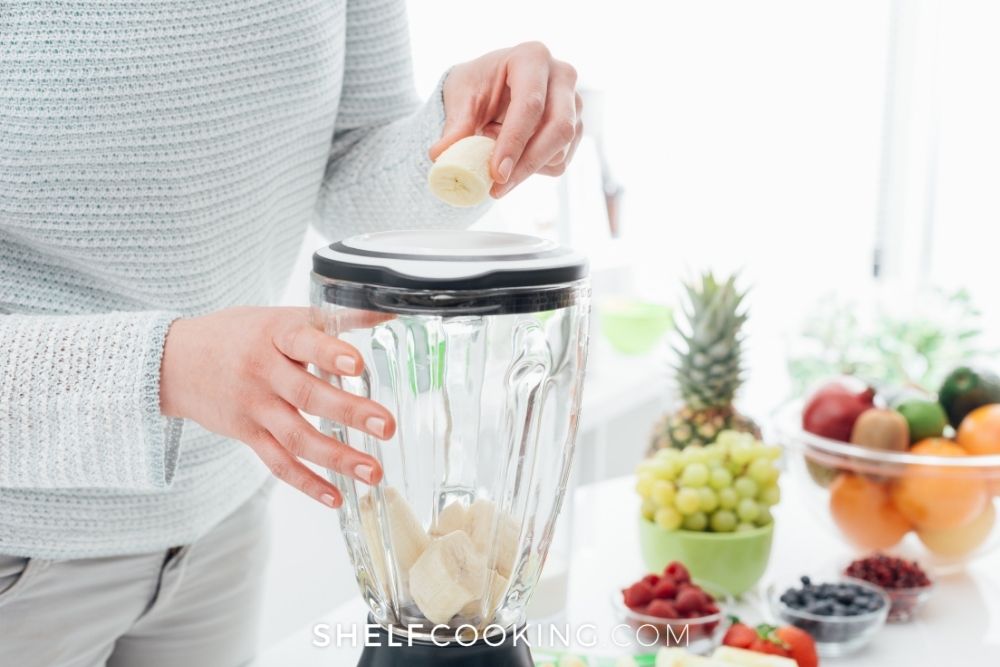


The more parts a maker has, the more time you’ll need to spend on cleaning, too. Some baby food makers are dishwasher safe, but not every appliance meets this criteria. Read the product description or instruction booklet in advance to figure out how quickly the maker you’re considering works, and then think about how it fits into your personal needs. Some baby food makers will need more time than others to get your ingredients ready to eat.
#Blender vs food processor for puree portable#
Planning to travel with baby or want to make fresh food on the go? A portable baby food maker that doesn’t require electricity may be the best bet for you. It can’t hurt to double check that the model you’re considering is BPA-free, either. Material. Consider whether you prefer a food maker made with glass or plastic.Baby food makers can range in price from $30 for a basic model up to $175 or more for swankier options. Figuring out in advance which will work best for your family - and your budget - is important. Others will simply grind or blend your food. Some baby food makers will steam, blend and puree your ingredients, but they tend to cost more. Steaming and food processing capabilities.Here are a few factors to consider when making your choice. Not every baby food maker does the same thing. Making your own baby food at home allows you to figure out the right portion control for your little one in advance, and even freeze extras. And, as a result, you may end up opening more than you need. Jars of baby food can end up providing too little or too much food for baby.

Making your own food is a great way to introduce baby to the foods that you traditionally eat as a family, which may be difficult to do with store-bought baby food.
#Blender vs food processor for puree full#
Unless you read the ingredients list on absolutely everything, you don’t know the full story when it comes to what you’re feeding baby. You know exactly what your baby is eating.But if you’re able to purchase the bare-bone ingredients separately, you can save big over time. Plus, manufacturers have to factor in many other costs, such as packaging, factory space and selling to grocery stores. This is especially true if you opt for organic and pasture-raised ingredients that often cost more to produce. Like most baby-related products, store-bought baby food doesn’t come cheap. While baby food makers aren’t a must-have for every family, many caregivers swear by them. And if you use a baby food maker to whip up homemade meals for your baby, you’ll find several advantages. Most provide steaming and pureeing capabilities, which can be useful even for new parents who are looking to make a quick steamed side dish or blend up a delicious fruit smoothie. It’s a wise idea, according to many parents: Baby food makers come in handy for more than just what they’re designed to do. Whether or not you’re set on making your own baby food, you may be wondering if you should add a baby food maker to your registry. Buying for baby is a little overwhelming, to say the least - and this counts for just about every category, feeding included.


 0 kommentar(er)
0 kommentar(er)
